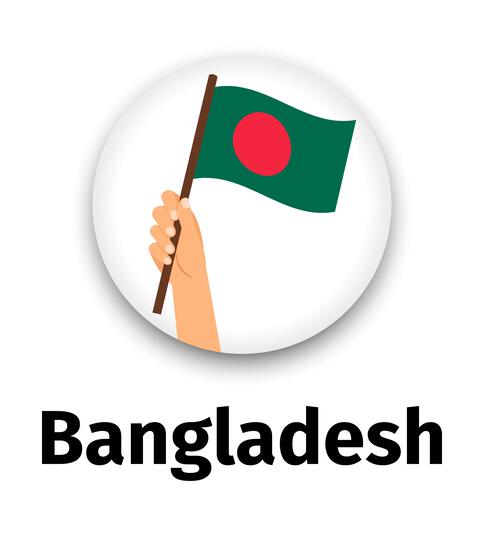An Urgent Call to Promising World Leaders: Breaking the Middle East Stalemate for Global Stability
Presented by: Minhaz Samad Chowdhury, Independent Human Rights Defender (IHRD),
Focus: State Violence and Land Rights of Minorities in Bangladesh |
Introduction
To the emerging generation of world leaders, the Middle East stands at a crossroads. The Iran-Israel
The Stalemate’s Anatomy and Gl
Intractable Core Conflicts
The Iran-Israel conflict, rooted in ideological rivalry and nuclear fears, dominates the stalemate. Parallel crises in Syria (
Proxy Dynamics and Regional Ri
Iran's weakened proxies (Hezbollah, Houthis) and Saudi-UAE tacit alignment with Israel via the Abraham Accords reflect shifting rivalries. Yet, competing interests hinder resolution, with Russia and China bolstering Irans resilience through disinformation and economic support.
Humanitarian Catastrophe
Millions face displacement, poverty, and food insecurity, particularly in Iran and Gaza. This despair risks radicalisation, amplifying the crisis.
Global Spillover
The Strait of Hormuz—through which 20% of global oil passes—faces threats of closure, while refugee flows strain Europe and terrorism risks intensify. The war’s economic volatility and nuclear brinkmanship pose serious challenges to global stability and prosperity.
Erosion of Multilateralism
Failed diplomacy and UNSC paralysis empower unilateralism, eroding trust in international norms.
Why New Leadership is Critical
Failed Paradigms
Traditional incrementalism, ignoring root causes, has failed. The June 2025 escalation demands innovation.
Shifting Alliances
Normalisation deals offer oppo
Generational Shift
Younger populations demand dignity and peace, offering a mandate for change.
Global Interdependence
Climate change and economic instability necessitate Middle East stability as a global priority.
A Framework for Navigating the
Prioritise Conflict Prevention
• Vigilant Diplomacy: Monitor flashpoints (e.g., Lebanon-Israel border, Red Sea) with rapid diplomatic channels between rivals.
• Regional De-escalation: Champion forums
Revitalise Inclusive Political
• Credibility and Inclusivity: Ensure processes include all stakeholders, aligning with international law.
• Focus on Fundamentals: Add
• Empower Civil Society: Eng
Address the Humanitarian Emerg
• Unblock Aid: Remove barrie
• Protect Civilians: Advocat
• Invest in Resilience: Fund
Counter-Destructive Regional D
• Regional Dialogue: Promote forums addressing shared threats (terrorism, water scarcity).
• Condition Engagement: Link
• Support Stability: Strengt
Leverage Collective Power
• Unlikely Coalitions: Build
• Targeted Sanctions: Focus
• Conditional Incentives: Of
The Call to Action
Promising leaders, the Middle East stalemate demands your courage:
• Embrace Courage: Challenge entrenched positions and speak uncomfortable truths.
• Invest in Diplomacy: Dedic
• Champion Humanity: Priorit
• Foster Ownership: Empower regional actors with support, not imposition.
• Think Holistically: Link peace to economic integration and climate action.
The cost of inaction, human lives, and global instability is too high. Act now.
Conclusion
Breaking the Middle East stalemate is a moral and strategic imperative. With 24 Israeli and 220 Iranian deaths, a depleted missile stockpile, and global stakes at play, your leadership can avert catastrophe. A step for the people of the Middle East and the world awaits your vision.








No comments:
Post a Comment
Please validate CAPTCHA